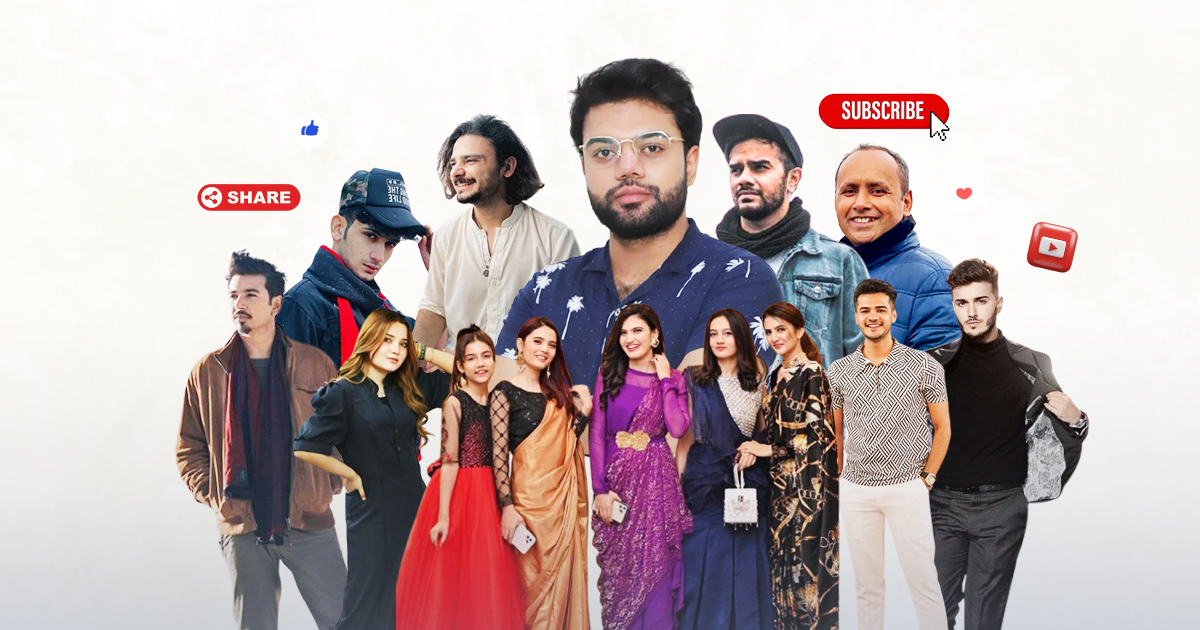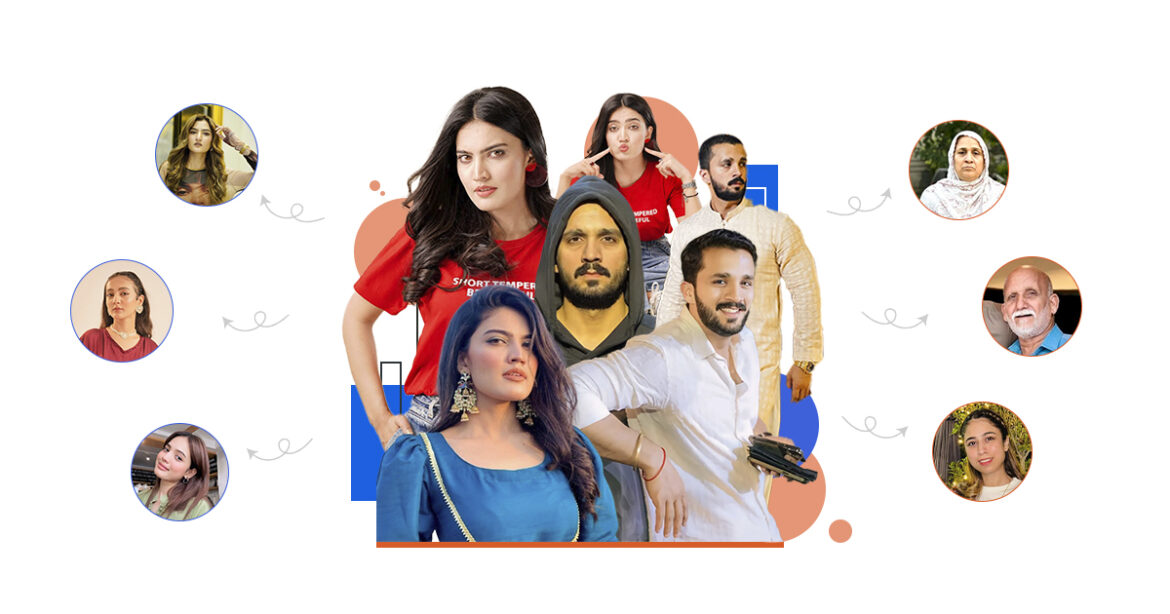Admit it. You’ve clicked on a stranger’s wedding vlog just to see what the bride wore. Or watched a “home tour” to silently judge someone’s curtain choices. There’s no shame in it we’re a nation of curious souls. We love to pry, to observe, and to form strong opinions about people we’ve never met. And in the age of the internet, YouTube vlogs are our digital periscope into the lives of others.
Scroll through any average Pakistani’s YouTube history, and you’re likely to find a trail of vlogs from chai dhaba visits in Skardu to grocery hauls from Dubai, daily routines in Lahore, and “day in my life” videos from newlywed couples. What started as harmless content has now turned into an undeniable national obsession. But the real question is: why are Pakistanis so obsessed with YouTube vlogs?
The Joy of Jhaankna (Prying)
Let’s be honest, humari qoum ki favourite hobby hai jhaankna. Not just through the window, but now through phone screens. Vlogs give us a legit excuse to satisfy that very human (and very desi) itch: dusron ke ghar kya ho raha hai? Who cooked what, who fought with whom, who’s upset and why.
It’s not always toxic. Sometimes it’s just comforting. Seeing others navigate their daily life makes us feel less alone in our own. But it’s also deliciously addictive when it borders on gossip, speculation, or drama. We don’t just watch the vlog; we read between the lines.
The Escape From Reality
Life in Pakistan, for many, is not easy. The economy is unstable, political drama is a constant, and opportunities often feel scarce. Vlogs, especially those set in clean homes, foreign cities, or peaceful rural villages, provide a temporary escape. For 10-15 minutes, the viewer is transported into a life where things are simple, aesthetic, and most importantly, in control.
Watching someone else live a life of comfort and calmness can feel therapeutic, especially when your own routine is dominated by loadshedding, inflation, and noise. It’s a digital “chai break” from the chaos.

Relatability Meets Aspiration
Pakistani vloggers aren’t celebrities in the traditional sense. They’re often housewives, students, or young couples documenting simple moments. Their homes look like ours, their problems sound familiar, and their jokes land in the same cultural space. That relatability draws viewers in.
But it doesn’t stop there. These vlogs are also aspirational. The spotless kitchen, the “perfect rishta” husband, the vacation to Turkey they make us dream. And unlike Bollywood or Hollywood, this dream feels just within reach. “Yeh tou mein bhi kar sakti hoon,” becomes the subconscious narrative.
The Drama Without the Script
Pakistani audiences love drama. It’s why our TV serials are packed with tears, betrayal, and saas-bahu fights. Vlogs offer a new kind of unscripted drama. A comment war, a cryptic caption, a sister-in-law who didn’t show up at a birthday it all turns into speculation and side-taking.
The comments section often becomes a battlefield, and viewers return not just to watch the vlog but to follow the ongoing saga. The parasocial relationships built with these vloggers are intense. People feel emotionally invested, as if they know these people personally.

Low-Budget High Entertainment
In a country where Netflix subscriptions are shared (if not hacked), YouTube is free and unlimited. Data packages are designed around it, and it works just as well on a budget phone. Unlike long dramas or expensive OTT content, vlogs require no commitment. Click, watch, scroll. It’s entertainment on demand, without the guilt of bingeing a full season.
The Rise of the “Digital Mohalla”
Our culture thrives on community the “gali ke log,” the neighbor’s phuppo, the store wali auntie. In a digital age where urbanization and isolation have reduced real-world interactions, vlogs recreate that mohalla feeling. You know their relatives, what they ate for lunch, and what brand of detergent they use. It’s like peeking into the neighbor’s house without being nosy.
Final Thoughts: What Does It Say About Us?
This obsession isn’t just about vlogs. It’s about us. Our need to belong, to escape, to aspire, and to observe. In a society where emotional expression is often restrained, watching someone else share their life so openly feels refreshing.
Maybe we watch because we’re lonely. Maybe we watch because we’re bored. Or maybe we watch because, in their stories, we find parts of our own.
So the next time you’re three vlogs deep into a random family’s Sunday routine, don’t feel guilty. You’re just being human and very, very Pakistani.
